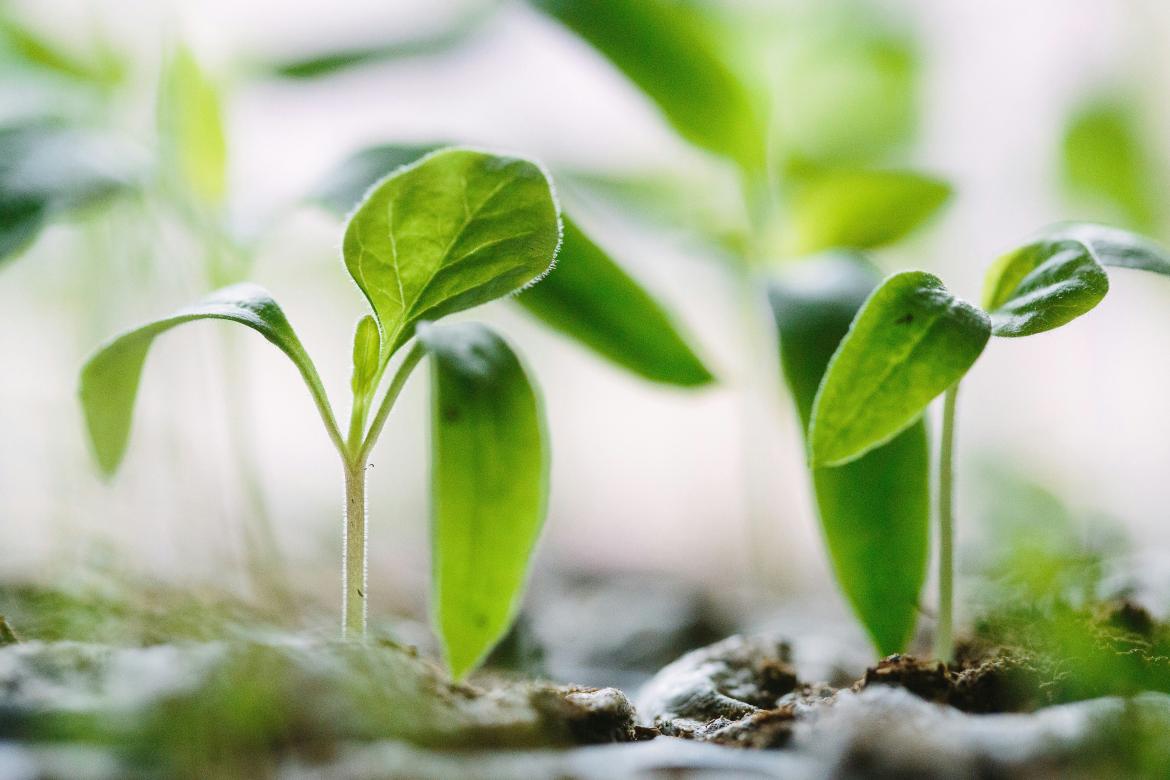
Institute of Agricultural Resources and Economics
June 7, 2024
Institute of Agricultural Resources and Economics (AREI) is leading institute for research on crop breeding and rural economics, with a history of more than 100 years. AREI scientists have focused on crop breeding, research on various crop management technologies, carried out studies on crop quality, as well as development of sustainable rural area. Besides AREI has provide economic analysis for the agricultural, food production and fisheries sectors. AREI activities have been performed in four locations in Latvia which makes possible to organize research in various environments.
Research directions and competences
Bioeconomic- Research on sustainable regional development; Research on sustainable development of bioeconomics sectors and farm competitiveness.
Crop research- Research on crop breeding and genetics; Research on agroecology and crop management for integrated and organic farming; Research on crop quality for use efficiency.
Technology Transfer Centre- Promotion of the market for industries of bioeconomics; Knowledge and information transfer; Organization of international and national conferences, seminars and field days; Education and information transfer: museum, library.
Laboratory of Cereal Technology and Agricultural Chemistry - Testing of cereals and other plants biomass; determination of soil agro-chemical indicators.
Seed production- Seed production of cereals, potatoes, grasses, legumes and fibre plants.
Research projects and achievements
|
Title |
Project number |
Total budget (Eur) |
|
ES Horizon 2020 project “LIVESEED Improve performance of organic agriculture by boosting organic seed and plant breeding efforts across Europe" |
Nr.727230 (2017-2022) |
210899 EUR |
|
EEA and Norway Grants project “NOBALwheat – breeding toolbox for sustainable food system of the NOrdic-BALtic region” |
S-BMT-21-3 (LT08-2-LMT-K-01-032 (2021-2023) |
200298 EUR |
|
EEA and Norway Grants project “Promoting collaboration for sustainable and circular use of bioresources across agriculture, forestry, and aquaculture (CIRCLE)” |
EEZ/BPP/VIAA/2021/9 (2021-2024) |
984224 EUR |
|
Fundamental and practical research project “Potato breeding for low input and organic farming systems: nitrogen use efficiency and quality aspects of potato protein” |
lzp-2019/1-0371 (2020-2023) |
297155 EUR |
|
Fundamental and practical research project “Genetically diverse populations of self-pollinating cereals for organic farming: agronomic performance, effect of environment, and improvement techniques". The project has received an award from the Latvian Academy of Sciences as one of the most significant scientific achievements of 2022. |
LZP-2018/1-0404 (2018 – 2022) |
269574 EUR |
|
European Innovation partnership project „New technologies and economically viable solutions to feed production in swine breeding”. The project has received an award from the Latvian Academy of Sciences as one of the most significant scientific achievements of 2021. |
18-00-A01612-000015 (2018 - 2021) |
215847 EUR |
|
National Research Programme project “Sustainable land resource and landscape management: challenges, development scenarios and proposals (LandLat4Pol)” |
VPP-VARAM-ITAZRI-2020/1-0002 (2020-2023) |
376 550 EUR |
|
European Regional Development Fund (ERDF) project “Hulless barley variety ‘Kornelija’ – high-quality wholegrain raw material for development of niche and functional products” |
KC-L-2017/8 (2018-2021) |
175 000 EUR |
|
FP 7 Research project „Enhancing of legumes growing in Europe through sustainable cropping for protein supply for food and feed (EUROLEGUME)" |
613781 (2014-2017) |
367272 EUR |
|
Norway Grants project “Innovative approach to hulless spring cereals and triticale use from health perspective" |
NFI/R/2014/11 (2015-2017) |
144 728 EUR |
The 13th International World Barley Genetics Symposium IBGS, organised by AREI in Latvia (2022), bringing together 200 participants from 26 countries.
Within the framework of several R&D activities, we ensure maintenance of the Farm Accounting Data Network (FADN), Economic Acounts for Agriculture (EEA), Latvian market and price information system (TICIS), ongoing evaluation of the CAP and maintenance of agricultural plant genetic resources.
Infrastructure
In order to ensure the scientific activity of the institute, the appropriate infrastructure is maintained and improved. Up to date equipment for both chemical (Laboratory Devices - https://www.arei.lv/en/laboratory-devices) and express analyzes, molecularly biological research, as well as maintenance and propagation of potato genetic resources in vitro is provided for laboratory work. The Laboratory of Grain Technology and Agrochemistry performs analyzes of grain and plant biomass, as well as determination of soil agrochemical parameters (Laboratory services - https://www.arei.lv/en/laboratory-of-cereal-technology-and-agricultural-chemistry-0).
In 2020, a new greenhouse complex for the pre-breeding laboratory was established at the institute. The institute manages more than 500 ha of arable land. Part of it is certified and managed by organic farming methods. A special technical equipment for field trials is maintained and renovated - tillage units, sowing machines, harvesters, grain sorting, cleaning and drying equipment.
The Technology Transfer Center of our Institute is an organizer of international and national scientific conferences and seminars, and is engaged in market promotion activities.
The Library and Museum of plant breeding in Latvia also are established in Institute with aim to dissemination of research results and to save history of research.
Leading researchers:
- Sanita Zute: Dr.agr., h-indekss: 8, ORCID: 0000-0001-5523-1111, Scopus ID: 55279821300, WoS ResearcherID: BBC-2203-2021; HHJ-5342-2022
- Vita Šterna: Dr.sc.ing., h-indekss: 8, ORCID: 0000-0001-6015-814X, Scopus ID: 55193457900, WoS ResearcherID: H-8901-2012
- Linda Legzdiņa: Dr.agr., h-indekss: 8, Scopus ID: 7801518946, WoS ResearcherID: DCA-0330-2022
- Māra Bleidere: Dr.agr., h-indekss: 7, ORCID: 0000-0001-7631-8494, Scopus ID: 52363177900, WoS ResearcherID: EOO-9953-2022
- Ilze Skrabule: Dr.agr. , h-indekss: 7, ORCID: 0000-0002-5837-3040, Scopus ID: 370400043300, WoS ResearcherID: FXK-0183-2022
- Ilze Dimante: Ph.D., h-indekss: 4
- ORCID: 0000-0002-3714-7714, Scopus ID: 56576288900, WoS ResearcherID: FYJ-8217-2022
- Aina Kokare: Ph.D., h-indekss: 4,ORCID: 0000-0002-0153-7833, Scopus ID: 55212173100, WoS ResearcherID: GBY-6760-2022
- Agnese Krieviņa: Dr.oec., h-indekss: 4, ORCID: 0000-0003-3638-2680, Scopus ID: 56023885900, WoS ResearcherID: DXO-3879-2022
- Ingūna Gulbe: Dr.oec., h-indekss: 3, ORCID: 0000-0003-3093-2362, Scopus ID: 55916786000, WoS ResearcherID: EZK-1919-2022
- Pēteris Lakovskis: Dr.ģeogr., h-indekss: 1, ORCID: 0000-0002-0965-6220, Scopus ID: 57196245712, WoS ResearcherID: AAJ-2386-2021
- Alberts Auziņš: Dr.oec., h-indekss: 1, ORCID: 0000-0002-6191-037X; Scopus ID: 57196246579, WoS ResearcherID: CED-9654-2022
More information: www.arei.lv